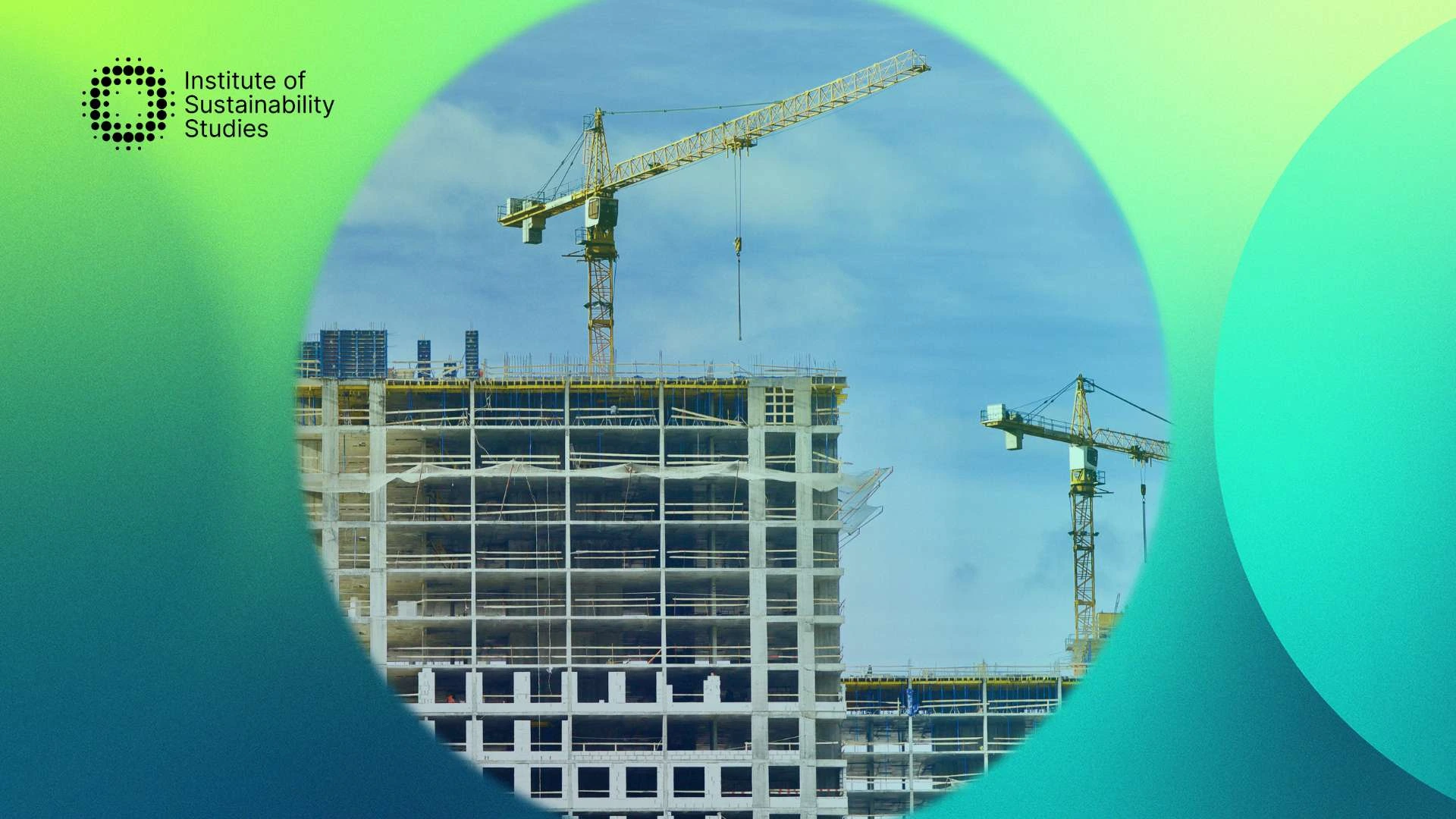This Arsenal sustainability milestone marks it as the first professional football club globally to have its long-term climate targets validated by the Science Based Targets initiative (SBTi). Keep reading to find out more about the club’s SBTi net-zero verification and its broader sustainability strategy.
Tackling Scopes 1, 2 and 3
A first for football globally, Arsenal Football Club has become the first and only club globally to have set a net zero target approved by the Science-based Targets initiative (SBTi)
Arsenal is aiming to achieve net zero emissions by 2040. The club strives to reduce its direct emissions (Scope 1 and Scope 2) by 42 percent by 2030 and 90 percent by 2040, using 2021 as its baseline. As for indirect emissions (Scope 3), Arsenal is targeting a 52 percent intensity reduction by 2030 and 97 percent by 2040. The club will report annually on its progress, and these 2030 goals support a 2040 net-zero target.
Arsenal’s sustainability plan
The club’s delivery plan focuses on numerous areas, including decarbonising energy use across Emirates Stadium, the academy building, offices, and training facilities. All of these buildings are already powered by renewable electricity. Arsenal also strives to reduce emissions associated with transport and travel, including product deliveries and employee commuting. Additionally, the club will promote sustainable travel options to fans.
Speaking on the news, Richard Garlick, Managing Director, said, “We are in a privileged position where the actions we take inspire change on a global scale. Our goal is to drive sustainability together with our people, our supporters, and all our communities around the world. Reducing our impact sits right at the heart of our club strategy, and today is about ensuring we are accountable as we continue our journey to net zero.”
Hannah Mansour, Director of ESG, added: “We’re proud that our net zero target has today been approved by the SBTi, which is part of our commitment to being thorough and transparent in reducing our footprint. We continue to take actions that deliver against this target, focused on reducing emissions across our value chain.”
“The full extent of the actions we’re taking for our environment go beyond the scope of our SBTi-approved net zero target. We will also continue to partner for our goals with our commercial and local partners to help our communities adapt to the effects of climate change. This includes encouraging supporters to make sustainable choices and promote more sustainable travel options, and using our platform to educate, lift voices and inspire action in our local and global communities.”
Encouraging sustainability globally and locally
Other sustainability measures the club will be taking include improving recycling, working with suppliers to achieve decarbonisation objectives, and reducing waste. Aside from operational changes, Arsenal is encouraging the wider community to take action on sustainability.
It recently relaunched its Green Action League, a partnership with Ball Corporation, which encourages tens of thousands of sustainable actions from supporters globally, from cup reuse to low-carbon transport. Through a local lens, the club is collaborating with the London Borough of Islington to create a climate action plan. This Arsenal sustainability strategy will be aimed at boosting resilience to climate change impacts like extreme weather.
Final thoughts
Arsenal’s commitment to tackling climate change sets a significant benchmark in the sports industry. By having its ambitious targets validated by the SBTi, the club showcases true leadership in integrating sustainability across its operations.
As the first football club to achieve this milestone, Arsenal offers an inspiring blueprint for others to follow. It is a call to action for football clubs worldwide to implement their own strategies and play a meaningful role in achieving a net-zero future.










